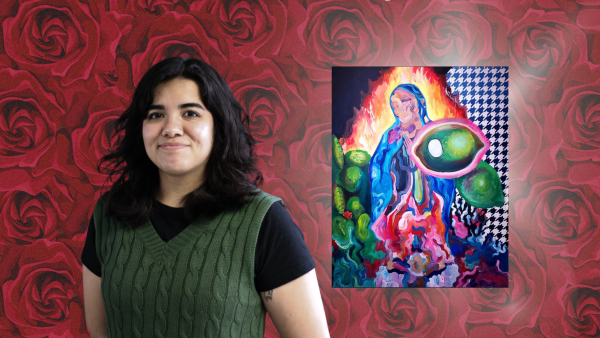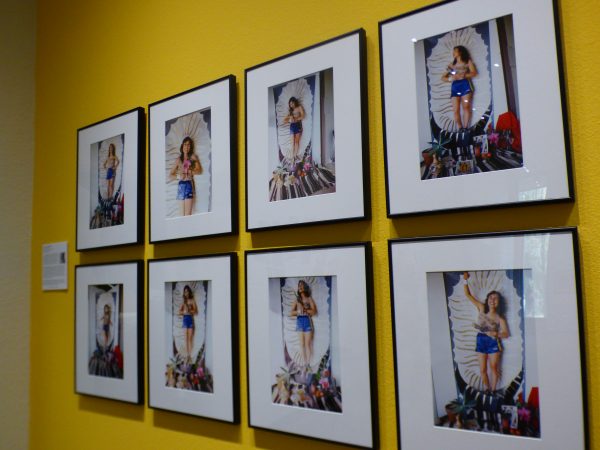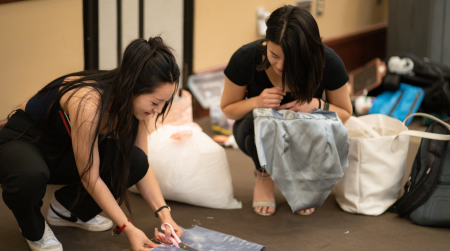‘Che’ Guevara goes from boy to man
November 13, 2013
The 1960s: a time of great change and revolution in the world. One particular figure from this era, Ernesto “Che” Guevara, stands out as a great revolutionary leader of his time.
On Nov. 14-24, he will be brought to life through the historical drama “Che Guevara and the Dispossessed,” written and directed by Roberto Pomo.
Pomo, professor of theatre history and film studies at Sacramento State, has been teaching for 15 years. During this time, he has also avidly studied Che Guevara.
“I was always interested in his intellectual foundation, politics, political ideology, and his dark side,” Pomo said. “I’m fascinated by the fact that he was a medical doctor that came from a middle class family and he decided to leave it all behind so he could work with the dispossessed, the poor, and fight a revolution that was totally foreign to him.”
This production is an original hypermedia work that is the first of a trilogy. It details events of the historical figure and follows to his assassination, but is not totally based upon his life.
The addition of female character Encanta, played by 26-year-old senior and theatre major Jenna Cedusky, adds a dramatic spark to the biographical tale.
“Encanta is there for him his whole life because she’s not real. She’s just in his head and something that he thought of, which is pretty cool, sort of like his imaginary friend in a way,” Cedusky said.
Preparing for a role that has no historical background has proved challenging said Cedusky, who has been acting for eight years.
“This character is just coming to life from the script and what Dr. Pomo is telling me about her,” Cedusky said. “It’s been difficult in that sense, but Dr. Pomo has been great in filling in those gaps. He lets me know exactly what my character would do since he wrote the play.”
The play also incorporates elements of technology with the use of live cameras, projectors and clips from documentaries.
Cedusky said, “This is something that people haven’t seen before, with all of the projections and live video imaging; film might be the future of live theatre. A challenge of live theatre is that you can’t see the actor’s face with such a big audience area. If we’re projecting it on the screen, that will allow the audience to get more of the story.”
The addition of technology also invites in its own set of difficulties. Double major in theatre and English, 22-year-old senior Elizabeth Ferreira says working with technology in theatre feels like acting in a film studio.
“As an actor it’s difficult because on stage you’re used to playing to the audience, but when there’s cameras you have to remember certain angles and you also have to position yourself to play to the camera as well,” Ferreira said.
Ferreira is new to theatre and has only been acting for one year but has been dancing for fifteen years.
Pomo strives for the audience to be entertained and taught through his meticulously crafted productions.
“My responsibility as a director is to give the best possible quality production that I can muster with the help of the designers and the actors. We’re always striving for that excellence,” said Pomo.
Briana Swain can be reached as [email protected]








































































































































